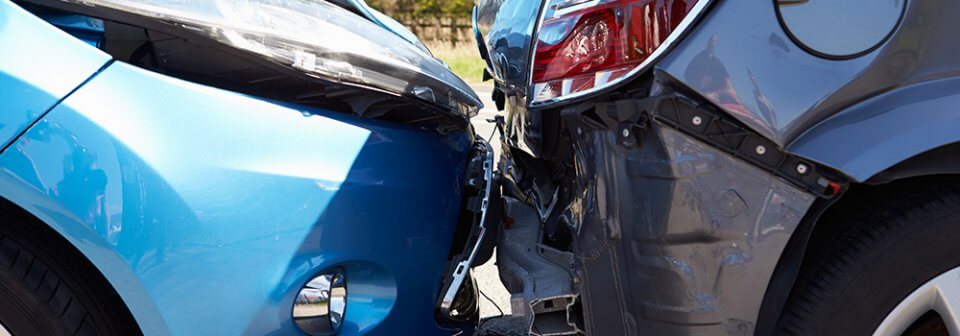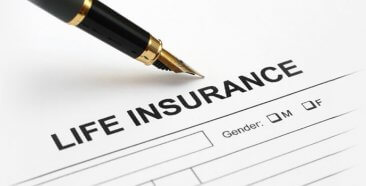
You have to have it, but do you really know how car insurance works? You probably know that your auto insurance can help pay to repair your car if you’re in an accident. You’re most likely aware that it will pay for the other person’s repairs if you’re the one at fault in an accident. Beyond that, most people are pretty clueless about their automobile insurance, so let’s dig deeper and help you to understand the way your policy works and to make good choices when purchasing a new policy.
Types of Car Insurance
There are several types of insurance offered by car insurance companies, and it’s likely a few of them will be combined to get you the coverage you need. Let’s look at the various types that are available so that you can determine what’s right for you.
Liability Insurance
Arguably the most important coverage to have is liability insurance; in most states, this is a minimum requirement. If you’re in an accident and found to be at fault, your liability insurance will pay for damages to the other driver’s vehicle, as well as covering medical expenses for those injured (except yourself). Every policy will have a per-incident maximum that can be paid, and your state probably has a minimum requirement for the amount of coverage you must have, although you can always choose to get more.
Collision Insurance
Collision insurance is probably required by your loan provider, unless your car is paid for. This is what covers damage to your own vehicle in the event of a collision. It does not cover theft or any damage that is not the result of a collision, like hail or vandalism, nor will it cover any medical expenses.
Collision coverage will always have a limit, or maximum amount it will pay. Usually this would be the cash value of your car. There is also a deductible; in the lingo of car insurance, “deductible” means the amount you’ll have to pay out-of-pocket before your insurance pays. When you’re choosing an insurance policy, the deductible you choose helps to determine the amount of your car insurance premium (insurance jargon for price). Select a deductible that maintains a low-cost auto insurance policy for you and that you can manage to pay in case of a claim.
Comprehensive Insurance
This is another type of insurance that will probably be required by your lender if you’re still paying for your vehicle. Comprehensive insurance pays for damage or loss of your vehicle from things other than a collision. If your car gets stolen or vandalized, this is the insurance that will pay for the damage. As with collision coverage, there will always be a deductible and a limit.
Uninsured Motorist Coverage
Even though insurance is required in almost every state, we know that not everyone follows the rules. So what happens if your car is hit by an uninsured driver? This is the purpose of uninsured motorist coverage. It covers your expenses when you’re hit by an uninsured driver or are the victim of a hit-and-run.
How Rates Are Determined
With a better understanding of the types of insurance available, let’s look at the factors that determine your premium. There are a number of things insurance companies consider in order to decide how much you’ll pay, and some may be less obvious than others. One thing that you should be aware of is that all insurance companies are required to make a profit on every policy they sell; this helps ensure solvency – the ability to pay their claims.
Beyond solvency, the most important determinant of the premium you’ll pay is the level of risk, or how likely you are to file a claim. To determine this, they’ll look at several things, starting with your driving record. The better your record, the less you’ll pay. The car you drive makes a difference too; expensive cars cost more to repair, older cars may not be as safe, and high-performance sports cars can be more dangerous. Your driving record is also important, as it is a good measure of how safe a driver you are. Of course, your past claims history is considered as well.
There are some less obvious considerations as well:
- Your age – younger, less experienced drivers will generally pay more
- Your gender – statistically men have a higher likelihood of accidents
- Marital status – married people will pay less, as studies show that they are more careful overall
- How much you drive – if you’re on the road more, your chance of having an accident is higher
- Credit history (in some states) – some studies show a correlation between bad credit and accident risk
The Claims Process
The time you really see the value of your insurance policy is when it comes time to file a claim. Of course we all hope to never have an accident, but if you ever do you’ll be glad to have good insurance coverage to take care of your expenses.
Your first step in filing a claim is to call up your insurance company or agent; you can probably find the number on your insurance card, but if you can’t find it, it is sure to be available on the company’s website. They’ll need some information when you call, including your policy number, when the accident happened, and contact and driver’s license information for all drivers involved in the accident.
They’ll also ask for details of the accident. Be as detailed as possible here, including personal injuries in addition to vehicle damage. Having pictures of the damage will be helpful as well.
The insurance company will look over the police report and examine your car to determine who was at fault and the extent of damage. They’ll also review any injury claims, and determine the amount of payment you’ll receive. Once this is complete, you’ll usually receive a check within a few days.
Insurance may seem complicated, but it doesn’t have to be. Now you should be well equipped to choose the right policy for your needs.
Whether you’re looking for a new car insurance policy or want to switch providers, you’ve come to the right place. Freeway Insurance offers low-cost car insurance, regardless of your driving record. When you request a quote from Freeway, we’ll compare auto insurance rates from top companies and present you with the best option. Compare car insurance quotes online or over the phone at 800-777-5620 and find out how much you can save.


